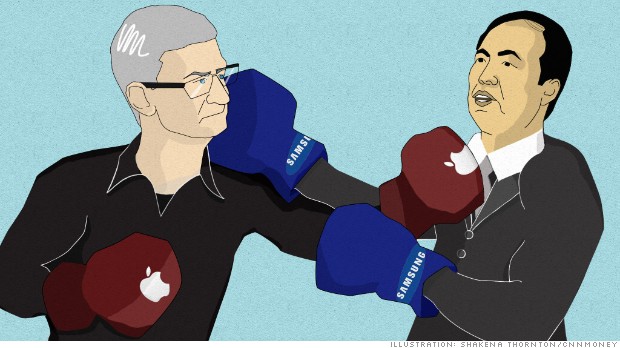BC Hydro and First Nations in British Columbia are having a conflict about The Site C Clean Energy Project (Site C). BC Hydro is planning to build a dam and hydroelectric generating station on the Peace River in northeast B.C. which is First Nations’ territory. B.C. First Nations are against to this project and notified B.C. that they have to pick either Site C or LNG (Liquid Natural Gas).
If we analyze the business model canvas in external environment the role of the First Nations is impossible to ignore. Since the First Nations have an ownership of the land being discussed, they have a right to control what happens above it. First Nations are important as they make up societal and cultural external factors that can essentially shut down BC Hydro’s project. This is why BC Hydro needs to take into consideration the First Nations and create a business strategy that will be beneficial to both parties.
In one article, Premier Christy Clark said, “partnership doesn’t mean [the government and the First Nations] won’t have disagreement.” Just like any other business transaction, communication needs to be present between the First Nations and BC Hydro to resolve partner issues and be successful.




